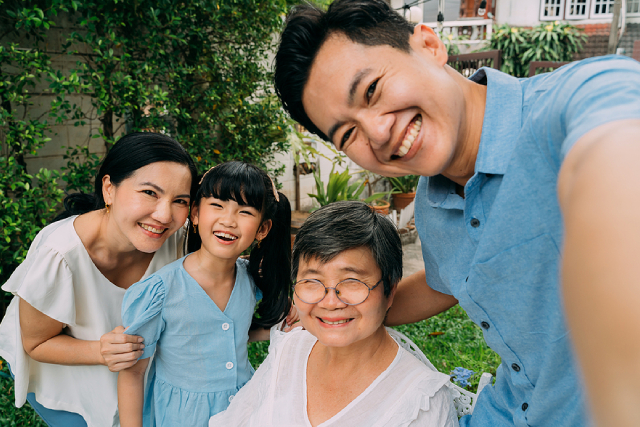Family values play a significant role in South Korean culture, shaping the country’s social structure and influencing individuals’ relationships and personal lives. The traditional emphasis on filial piety and the importance of maintaining close family ties has been passed down through generations and remains a defining characteristic of Korean society today.
Filial Piety
In South Korean culture, the family unit is considered the foundation of society, and the well-being and success of the individual are closely tied to that of the family. Children are expected to respect and obey their elders, and the eldest son is often responsible for the care of his aging parents. This cultural emphasis on filial piety has contributed to the country’s low elderly poverty rate, as adult children typically support their parents financially and emotionally.
Emotional Support
Family is also considered a source of comfort and support in times of need. When facing challenges or hardships, individuals often turn to their families for help and guidance. Family members are expected to provide emotional and financial assistance to one another, even to the point of making sacrifices for the benefit of the group.
Professional Settings
In South Korean business culture, family ties are highly valued. Family-owned businesses are considered a hallmark of South Korean entrepreneurship, and many of the country’s largest corporations have been passed down through generations of the same family. It is not uncommon for business owners to prioritize hiring family members or close family friends, and nepotism is widely accepted.
Love and Romance
The importance of family values in South Korean culture also extends to romantic relationships. Arranged marriages are still common, and families play a significant role in matchmaking. The couple’s families are expected to have a good relationship and support the newlyweds, particularly during the early years of marriage.
Seeking Blessings and Approval
In addition to the role of the family in personal and professional life, the importance of family values is also evident in South Korean social norms and customs. For example, it is customary for individuals to seek their parents’ approval and input when making important life decisions, such as choosing a career path or selecting a romantic partner. This practice serves to reinforce the importance of maintaining close family ties and respecting the opinions of one’s elders.
The Education System
Additionally, the importance of family is also reflected in South Korean education. The country has a highly competitive academic system, and students are often under intense pressure to perform well in school. However, family support and encouragement are essential in helping students succeed, and parents are expected to play an active role in their children’s education.
Caring For The Elderly
Finally, the importance of family values can also be seen in the way South Korean society views elder care. With an aging population and a rapidly developing economy, South Korea faces unique challenges in caring for its senior citizens. However, the traditional emphasis on filial piety means that many adult children still take on the responsibility of caring for their aging parents, even as the cost of elder care continues to rise.
Conclusion
Family values play a central role in South Korean culture, shaping individuals’ relationships and decisions, as well as the country’s social and economic structures. The emphasis on filial piety, support, and unity has contributed to the close-knit society that exists in South Korea today.
For those looking to learn more about Korean culture in-depth or travel to South Korea to observe these families up close, Sejong offers premium Korean language courses taught by experienced and dedicated teachers. Contact us today to learn more.


